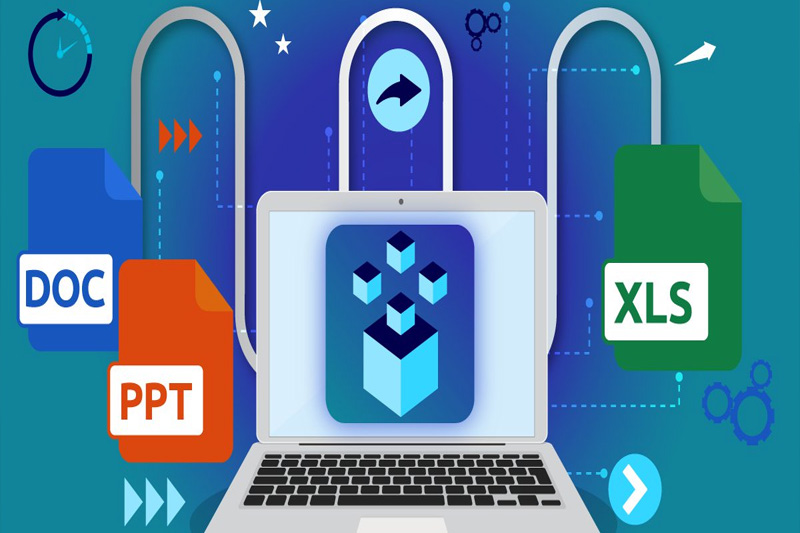
The Importance of File Conversion in the Digital Age
Introduction
In an era where digital communication is paramount, the ability to seamlessly share and access information across various platforms is crucial. File conversion stands at the heart of this digital interchange, enabling users to transform files into compatible formats that meet diverse needs.
The Diversity of Digital File Formats
The digital world is inundated with a plethora of file formats—each designed with specific functionalities and applications in mind. From documents and spreadsheets to images, audio, and video files, the variety is vast.
Document Formats
Common document formats include DOCX, PDF, TXT, and RTF. Each serves different purposes—DOCX for editable documents, PDF for fixed layouts, TXT for plain text, and RTF for basic formatting.
Media Formats
Media files come in formats like JPEG, PNG, GIF for images, and MP3, WAV, FLAC for audio, as well as MP4, AVI, MKV for video. The choice of format affects quality, compatibility, and file size.
The Need for File Conversion
With such diversity, interoperability becomes a challenge. File conversion addresses this by allowing files to be transformed into formats that are accessible across different devices and software.
Enhancing Accessibility
Converting files ensures that content can be accessed regardless of the software or hardware used. For instance, converting a DOCX file to PDF allows users without word processing software to view the document.
Optimizing File Size and Quality
File conversion can compress files for easier sharing or adjust quality settings to suit specific requirements, such as reducing image resolution for web use.
File Conversion in Collaborative Environments
In collaborative settings, team members may use different systems. File conversion facilitates smooth collaboration by standardizing file formats.
Cross-Platform Compatibility
By converting files into universally accepted formats, teams can avoid compatibility issues that hinder productivity.
Version Control and Editing
Converting files to editable formats enables team members to make revisions, track changes, and contribute effectively.
Challenges and Considerations
While file conversion offers numerous benefits, it also presents challenges that users must consider.
Potential Data Loss
Converting between certain formats may result in loss of formatting or data. It's essential to choose appropriate formats and tools that preserve the integrity of the content.
Security Concerns
When using online converters, sensitive data may be at risk. Users should opt for secure methods, especially when handling confidential information.
Advancements in File Conversion Technology
Technological advancements have made file conversion more accessible and efficient.
AI and Automation
Artificial intelligence enhances conversion accuracy, especially with complex formats like scanned documents converted to editable text using OCR (Optical Character Recognition).
Integration with Cloud Services
Cloud-based conversion tools integrate with storage services, allowing seamless conversion and access from anywhere.
Conclusion
File conversion is a vital component of modern digital communication. It bridges gaps between incompatible formats, enhances accessibility, and supports collaborative efforts. As technology evolves, file conversion tools continue to improve, further simplifying the way we share and interact with digital content.